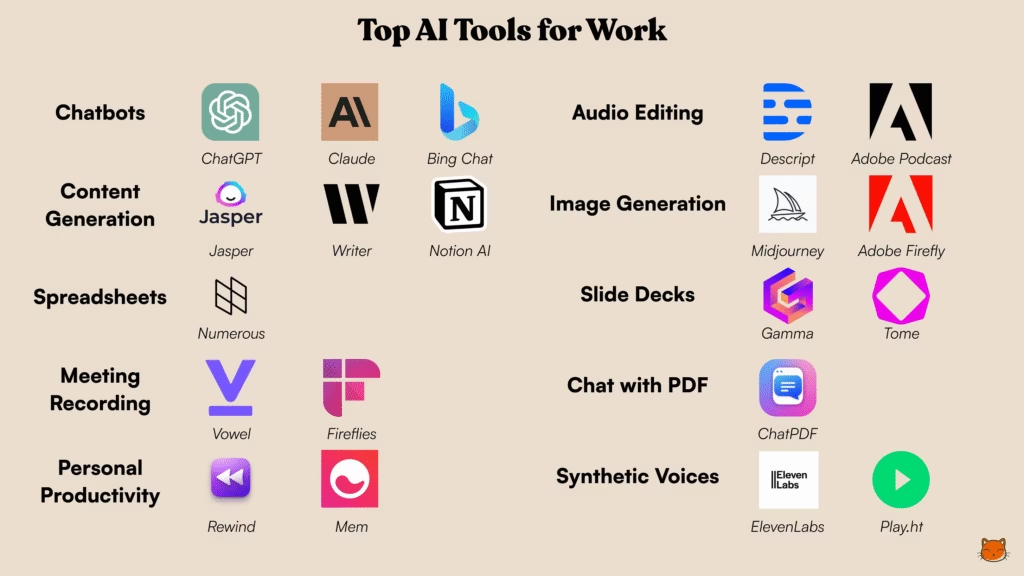Education has entered a fascinating new era. From chalkboards to chatbots, the way we study has changed dramatically in just a few years. Artificial intelligence (AI) tools such as Question AI and other AI study tools are redefining how students learn, review, and solve academic problems. As an AI homework helper, Question AI can break down complex equations, summarize reading passages, or explain science concepts step by step—instantly. But as these AI study tools grow in popularity, a key question arises: are they truly better than traditional learning methods, or are we trading depth for convenience?
The Rise of AI Study Tools
AI-powered study platforms have become essential companions for many modern learners. They offer immediate, tailored help in ways that traditional classrooms sometimes cannot. With Question AI, for example, students can simply type or upload a photo of a question—whether it’s algebra, chemistry, or literature—and receive a clear, structured explanation. The AI homework helper doesn’t just give answers; it helps students understand the reasoning behind each step, much like a patient digital tutor.
Another strength of AI study tools is their accessibility. Students can learn anytime, anywhere, across languages and devices. Whether on a phone during the bus ride home or on a laptop before an exam, platforms like Question AI make studying flexible and self-paced. These tools also adapt to individual learning needs, identifying weak points and providing targeted practice that helps students grow more confident. This level of personalization represents one of AI’s biggest educational breakthroughs: learning that fits the student, not the other way around.
What Traditional Learning Still Offers
Despite the impressive progress of AI, traditional learning remains vital. Teachers bring human intuition, emotional intelligence, and mentorship—qualities that no algorithm can replicate. A skilled educator can sense confusion from a facial expression, encourage creativity through discussion, or inspire motivation that goes beyond grades.
Classroom learning also nurtures social and cognitive development. Group projects, peer debates, and hands-on experiences foster teamwork and communication, skills that prepare students for both academic and real-world challenges. In contrast, studying with an AI homework helper like Question AI can sometimes feel solitary, lacking the human connection that makes learning meaningful.
Moreover, the process of struggling through difficult material—guided by a teacher—teaches persistence and patience. These values risk being lost when answers are only one click away from an AI study tool.
A Balanced Model: Combining AI and Human Insight
The most effective approach to education isn’t about choosing one side—it’s about combining both. When used thoughtfully, AI can complement human teaching beautifully. Imagine a classroom where a teacher introduces new concepts, and students later use Question AI to review and test their understanding. The teacher focuses on deeper discussions and critical thinking, while the AI homework helper provides instant feedback and detailed explanations.
This hybrid approach promotes self-directed learning. Students can explore subjects independently while still relying on teachers for context and mentorship. It also supports inclusivity: learners who need extra time or assistance can practice privately using AI study tools like Question AI, without embarrassment or pressure. Ultimately, the goal is not to replace teachers with machines but to enhance human learning with digital intelligence—a partnership that strengthens both sides.
Privacy, Trust, and Responsible AI Use
As AI study tools become more advanced, privacy and data security have become major concerns. Many platforms collect detailed user information to improve their algorithms, but this raises questions about data ownership and consent.
Here, Question AI stands out for its user-friendly and privacy-conscious design. This AI homework helper does not demand excessive personal data—users can log in simply with a Google account or email verification, without sharing unnecessary personal details. The platform’s minimal sign-up process and transparent privacy policy reflect an understanding that students value both convenience and control over their digital footprint.
Still, students must use such AI study tools responsibly. Overreliance on Question AI or any AI homework helper can weaken problem-solving skills if learners skip the process of understanding. AI should be a learning aid, not a shortcut. When used thoughtfully, it enhances comprehension; when used passively, it risks turning education into automation.
The Future of Learning: Human and AI Together
Looking ahead, the future of learning will likely be hybrid—human-guided but AI-empowered. Imagine AI study tools that can detect not only what a student gets wrong but why, or that can suggest real-world examples to make lessons more relatable. At the same time, teachers will continue to play the essential role of shaping curiosity, ethics, and emotional intelligence.
Question AI will keep evolving to become an even more conversational, intuitive, and inclusive AI homework helper. Yet, the essence of learning will remain deeply human: curiosity, reflection, and the desire to grow. The smartest students of tomorrow will not just know how to use AI—they’ll know how to learn with it.
Conclusion
The debate between AI study tools and traditional learning isn’t really about which is better—it’s about how they can coexist. Technology can make learning faster and more flexible, but true understanding still requires human guidance and curiosity. Platforms like Question AI show that AI doesn’t have to replace traditional education; it can enhance it. When students combine the efficiency of an AI homework helper with the wisdom of real-world teaching, they get the best of both worlds—learning that’s not only smarter but also more human.






